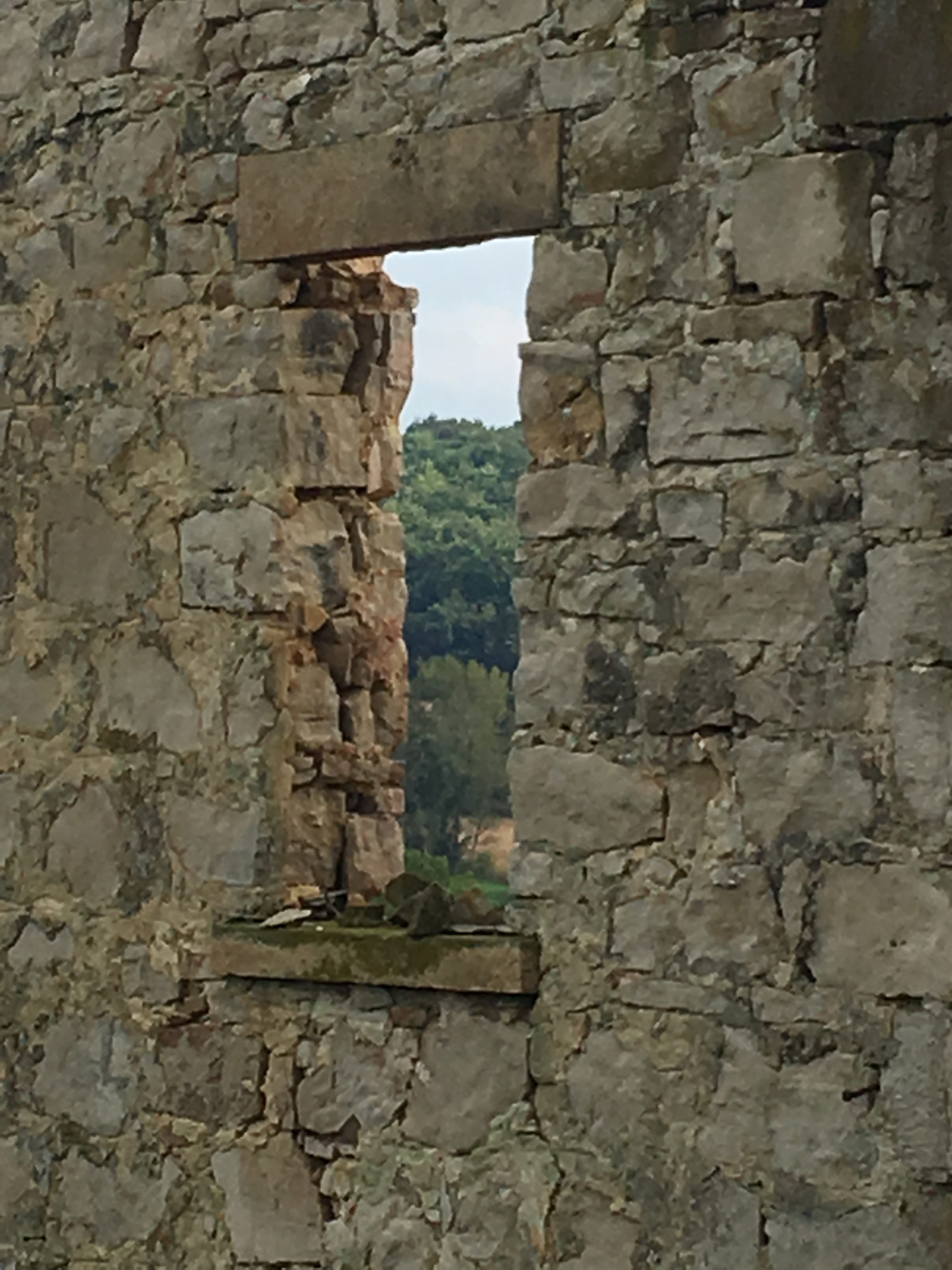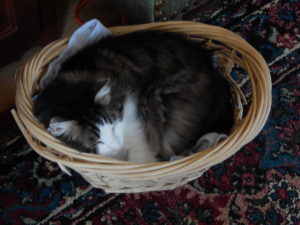Eastertide, a period of baskets filled with colored eggs, chocolate bunnies, and jellybeans. These baskets are vibrant. But some baskets are cracked, dull, or unfinished.
Baskets are the Indian woman’s poems:
the shaping of them her sculpture.
They wove into them the story of their life and love.
Navajo School of Indian Basketry, Los Angeles
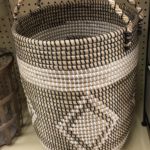
I pondered how a basket could represent a life. I considered the parts which include a base, staves (side sticks), and the weaving. A basket’s base may be fragile or sturdy, brilliant or dull. Like the baskets, we start with a base given to us at birth. What was your base?
The sides are formed around spokes or staves. The more spokes the stronger it will be. The staves can represent the influences on our lives: parents and relatives, education, religion or spiritual beliefs, hobbies, jobs, mates, environment. Our shapes are diverse. Some are strong. Some fragile. Our staves indicate the direction we’ve grown and changed.
Unlike the basket, life doesn’t come with directions, standard materials, and the same teacher for all. As a result our staves get twisted, bent, broken, squeezed, or pushed out of alignment. The pattern of our basket is irregular. Each person’s basket portrays his experiences. What kind of basket does your life resemble?
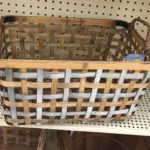
My spiritual journey has led to a belief that divinity exists in all of us. This poem is the result.
Divinity
My basket appears to grow as I sleep.
Magical threads of charcoal, magenta, and chartreuse
weave their way to the top, or disappear
within its walls as stars hide by day.
Patterns like music dance round
until returning to their beginning.
No hurry. No procrastination.
Notice how it blends within itself.
Creation parading majestically across time.
Translucent, each happening clear and precise,
Divinity shines within us.
It gallops and saunters the path
of our staves. Hush. Hush.
Feel God alive in your frame.
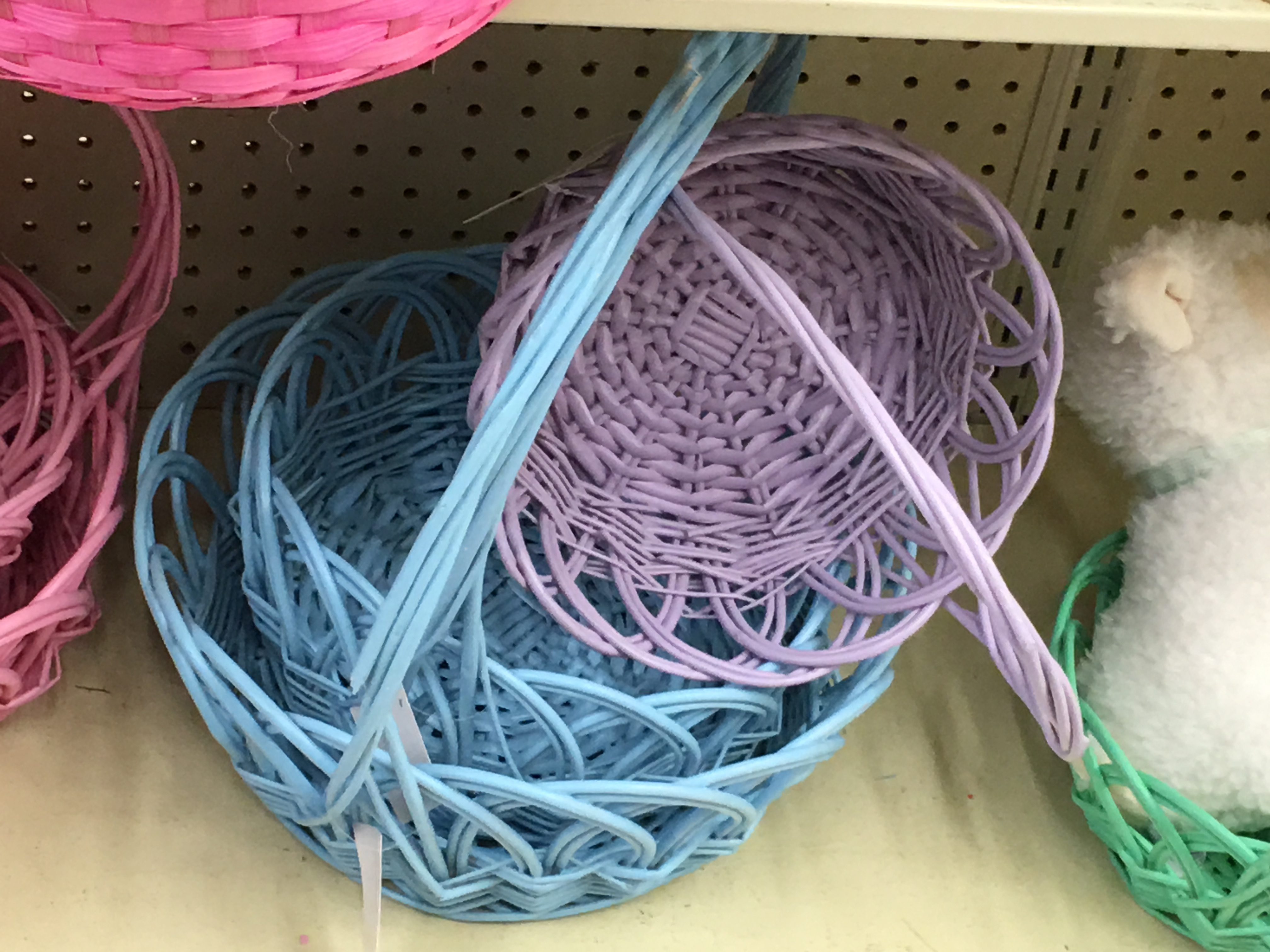
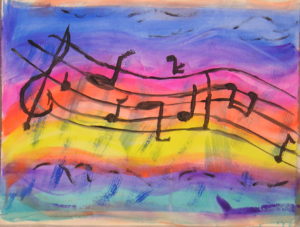 July 4th, the birthday of the USA, has come and gone. I considered writing about the holiday, but my website is related to Spiritual Literacy. Tying the two together raises my fear of criticism for “mixing church and state”. Maybe I’m mixing them, and maybe I’m not.
July 4th, the birthday of the USA, has come and gone. I considered writing about the holiday, but my website is related to Spiritual Literacy. Tying the two together raises my fear of criticism for “mixing church and state”. Maybe I’m mixing them, and maybe I’m not.